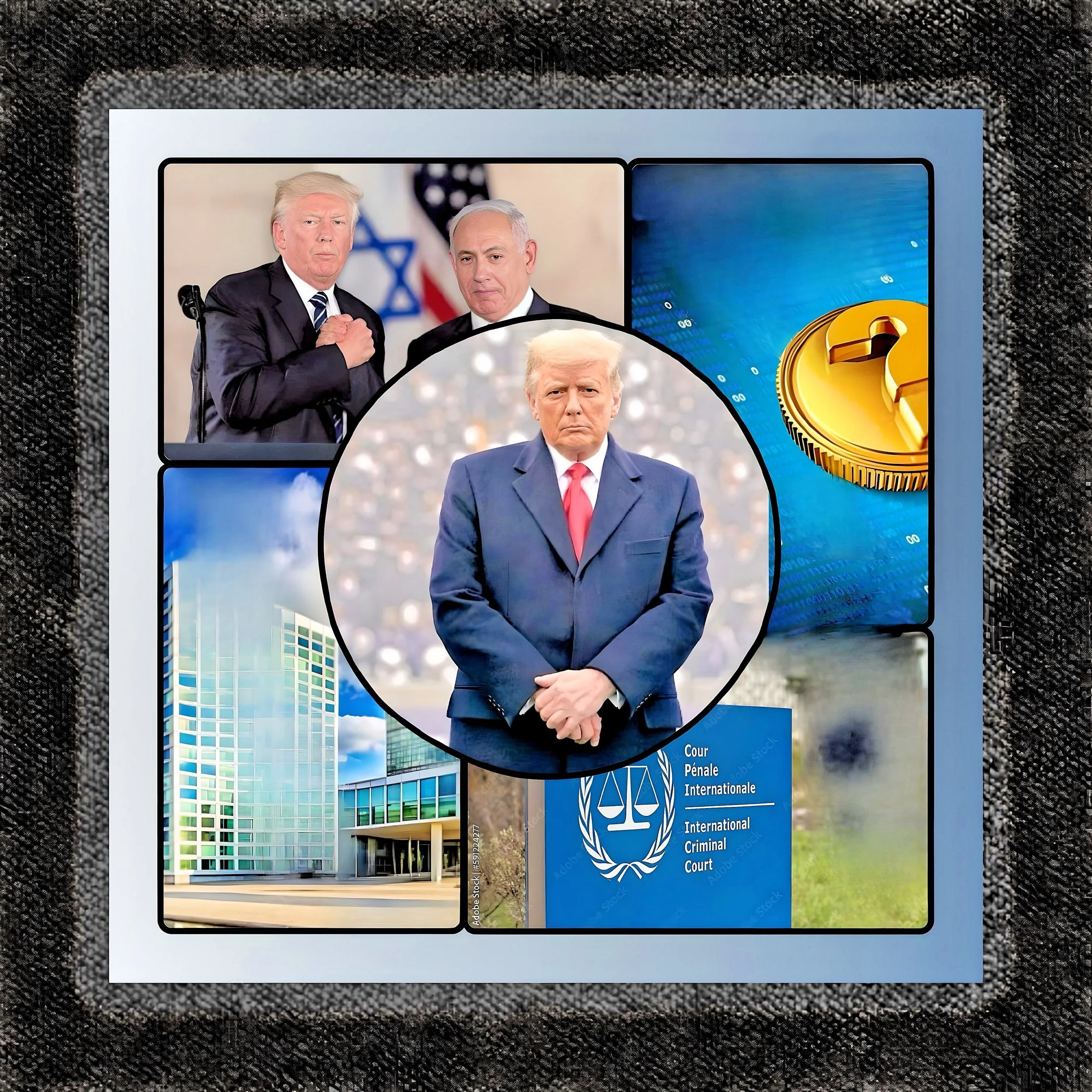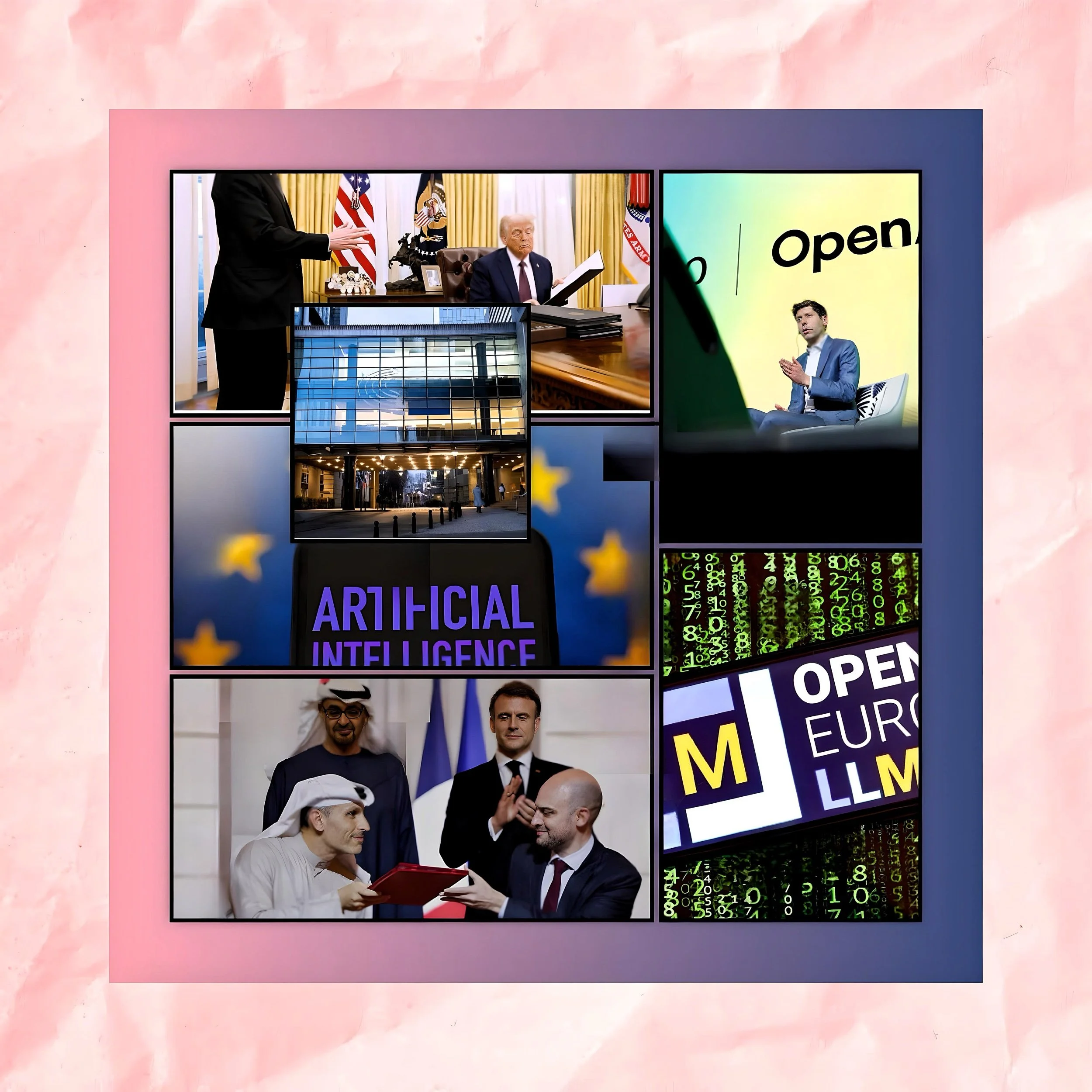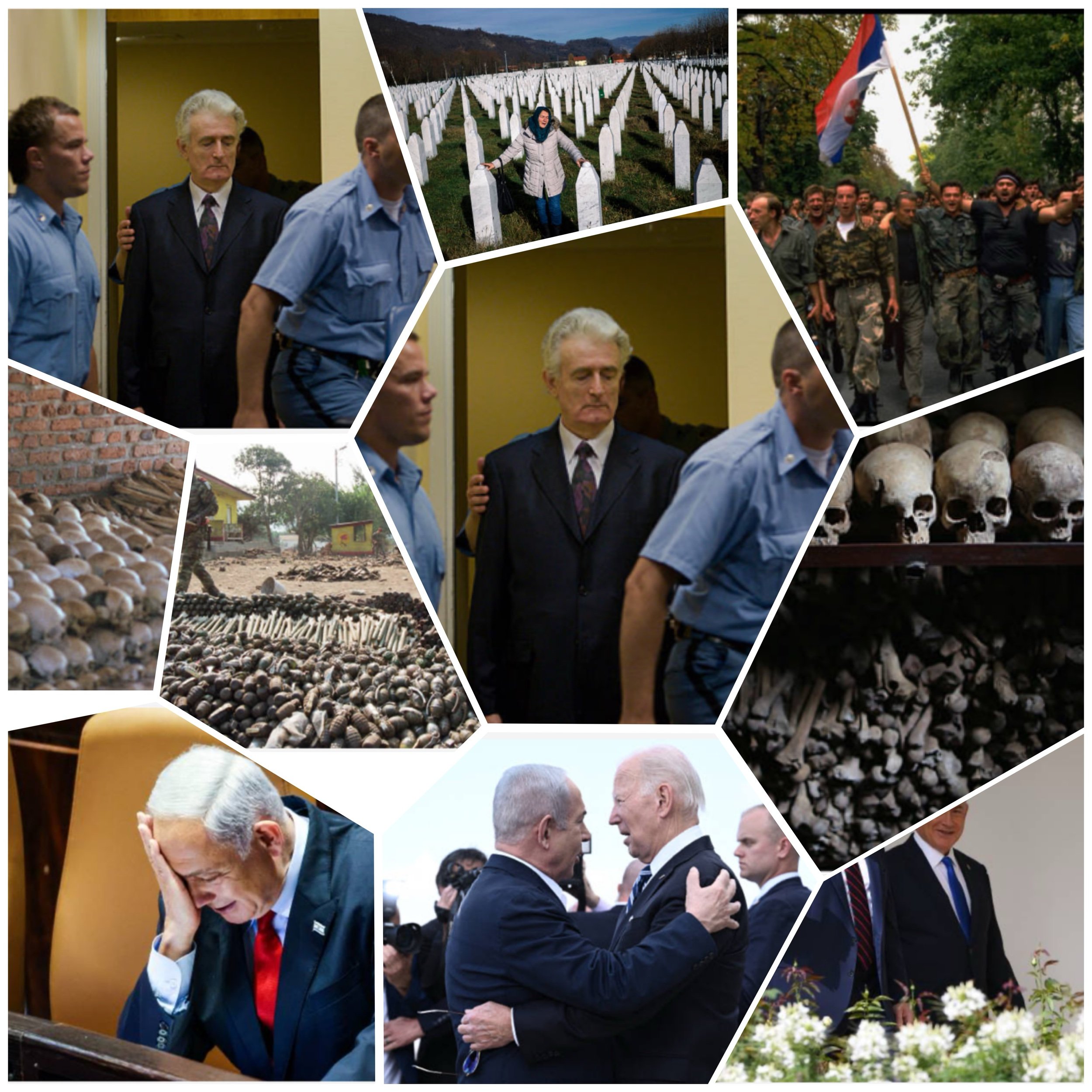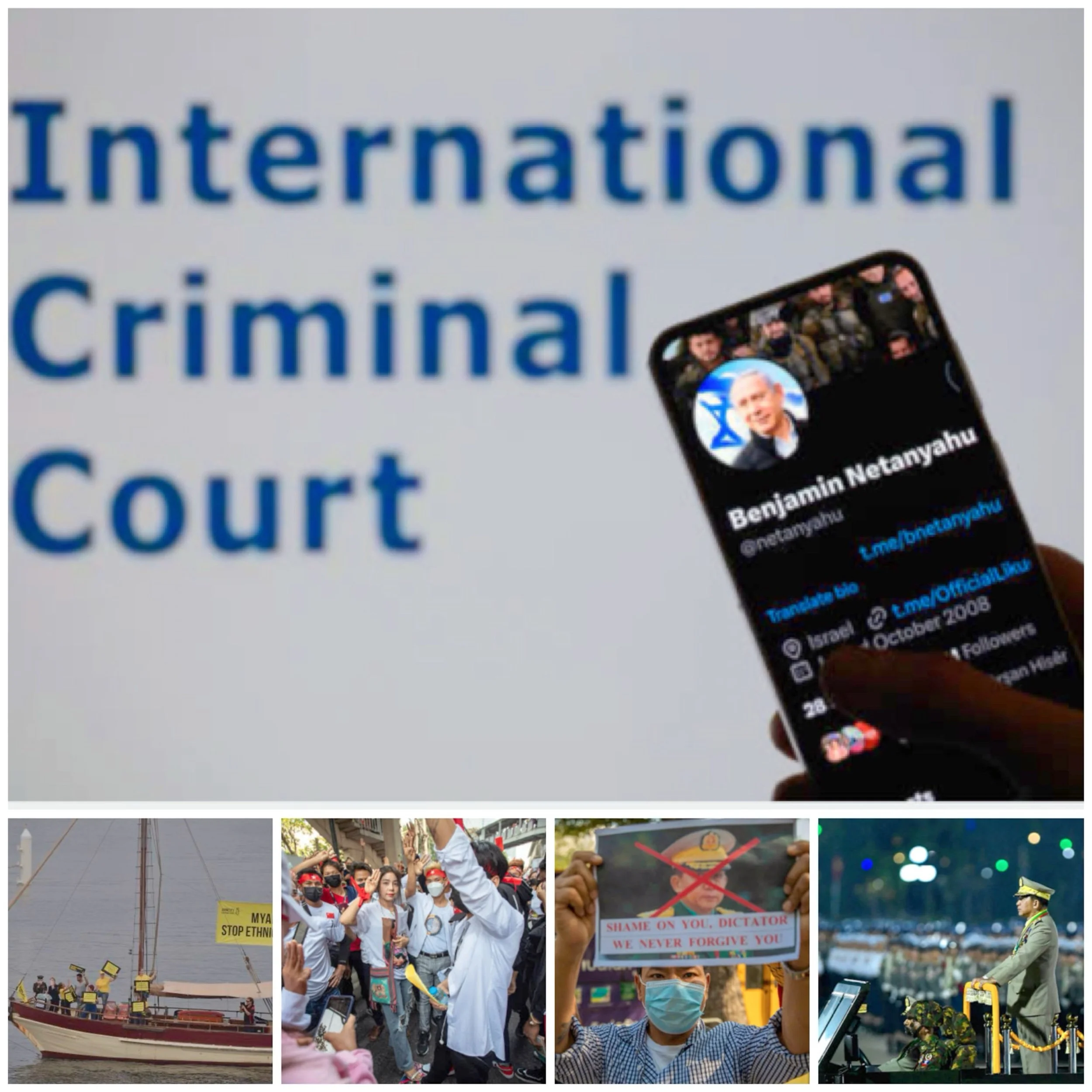Risk and benefits for US to sanction ICC
Introduction
President Donald Trump’s recent sanctions against the International Criminal Court (ICC) have sparked intense debate over their strategic implications for U.S. interests. Here’s an analysis of the potential risks and benefits:
Benefits for the U.S.
Shielding Allies from Prosecution
The sanctions aim to protect Israeli officials, including Prime Minister Benjamin Netanyahu, from ICC investigations into alleged war crimes in Gaza. The U.S. argues that the court’s simultaneous warrants for Israeli leaders and a Hamas commander create a “shameful moral equivalency” between a democratic state and a designated terrorist group. By blocking ICC actions, the U.S. reinforces its commitment to Israel, a key ally.
Asserting Sovereignty
The U.S., which is not an ICC member, rejects the court’s jurisdiction over American citizens or allies. The executive order frames ICC investigations as a threat to U.S. sovereignty and national security, claiming they expose Americans to “harassment, abuse, and possible arrest”. Sanctions serve as a deterrent against perceived overreach by an unelected international body.
Political Signaling
The move aligns with Trump’s broader “America First” agenda, emphasizing unilateral action over multilateral institutions. It resonates with domestic supporters who view the ICC as biased against Western democracies.
Risks for the U.S.
Undermining Global Justice and Security
Sanctions threaten the ICC’s ability to investigate atrocities in Ukraine, Sudan, Myanmar, and elsewhere.
By weakening the court, the U.S. risks emboldening authoritarian regimes and perpetuating impunity for crimes like genocide. Over 70 countries, including close allies like the UK and France, condemned the sanctions as a threat to international law.
Diplomatic Backlash
The sanctions strain relationships with NATO partners and other ICC member states. European leaders warned that targeting ICC staff—including judges from France and Slovenia—could provoke retaliatory measures.
This isolation undermines U.S. credibility in advocating for accountability in conflicts like Russia’s invasion of Ukraine.
Operational and Legal Challenges
Financial Disruption: The ICC relies on global banking systems denominated in U.S. dollars. Sanctions could freeze assets, block salaries, and deter service providers (e.g., Microsoft, banks) from collaborating with the court.
First Amendment Concerns: U.S. citizens aiding ICC investigations—including lawyers and NGOs—face penalties, raising free speech issues.
Constitutional Questions: Legal experts argue the order exceeds presidential authority by penalizing a judicial institution.
Reputational Damage
Critics accuse the U.S. of hypocrisy for sanctioning the ICC while supporting its work in Ukraine. Amnesty International called the move a “betrayal of our common humanity” that prioritizes political alliances over justice. This undermines America’s historical role in promoting international accountability.
Escalating Precedent
The sanctions set a dangerous template for authoritarian regimes to obstruct accountability.
As Human Rights Watch noted, the U.S. is applying tools designed for terrorists to a court tasked with prosecuting war crimes.
Conclusion
While the sanctions reinforce U.S. support for Israel and assert resistance to external judicial oversight, they carry significant diplomatic, legal, and moral costs. The broader fallout—including weakened global justice mechanisms and strained alliances—could outweigh short-term political gains. As the ICC vows to continue its work, the long-term impact on U.S. influence remains uncertain.
FAF additional review
Tomoko Akane of Japan serves as the President of the International Criminal Court (ICC), having assumed office on March 11, 2024, with her initial term concluding in 2027. The Rome Statute, which forms the legal foundation for the establishment of the permanent International Criminal Court, was adopted by member states and came into effect on July 1, 2002, following ratification by 60 countries.
By imposing sanctions on an international justice organization, former President Trump risks significant repercussions. Should the ICC issue an arrest warrant against him, it could severely restrict his international mobility and impact his economic and diplomatic engagements, particularly concerning his interactions with Israel.
It is crucial not to impose sanctions on an international justice system that was established on July 1, 2002, as it plays an essential role in maintaining global legal order and preventing lawlessness.
Undermining this system could have severe consequences. Such actions also represent an injustice to the ICC's employees and stakeholders, undermining their efforts toward global justice and stability.






